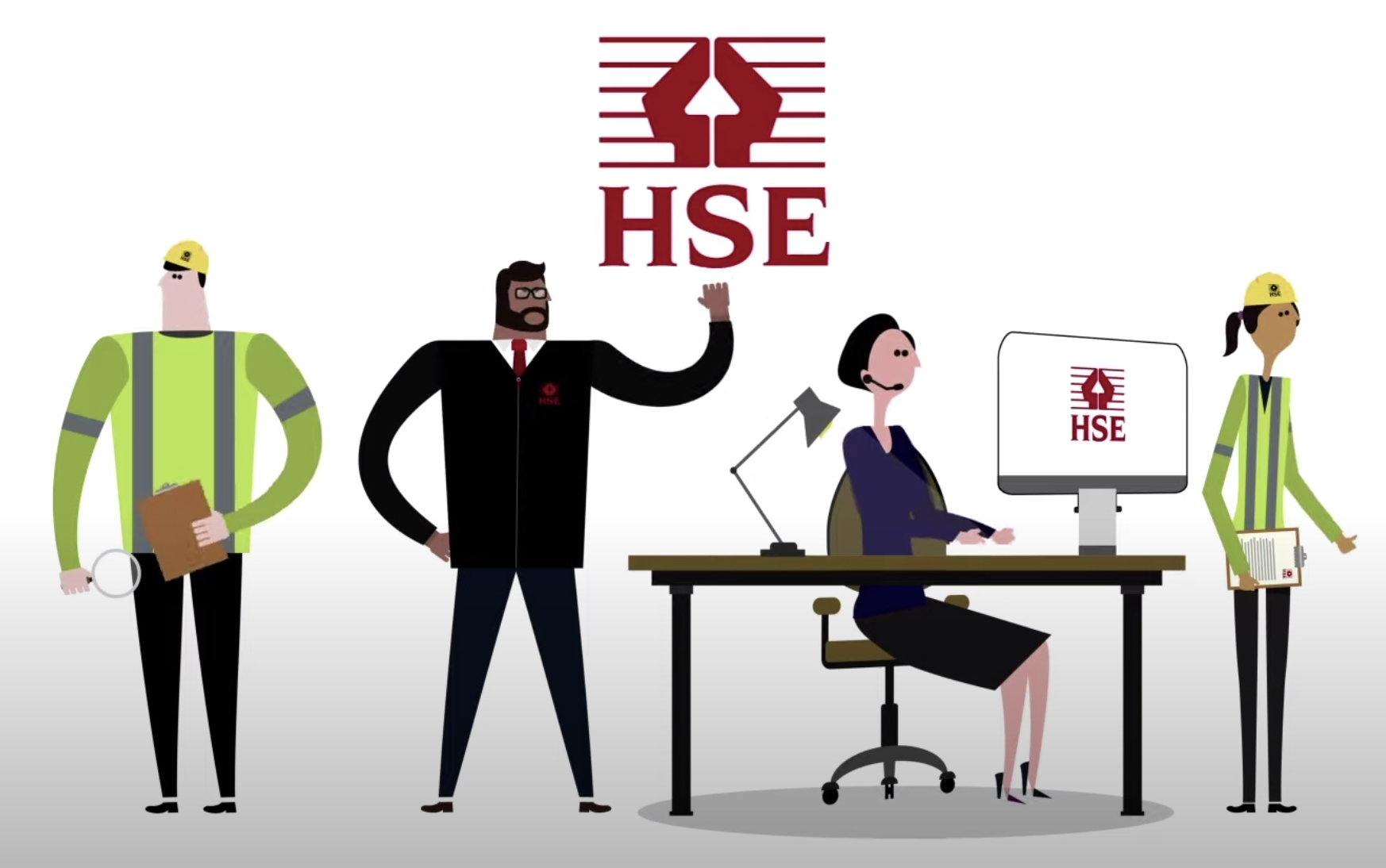With Covid restrictions gradually being lifted, the Health & Safety Executive (HSE) is reminding companies of their responsibility to keep employees and customers safe.
And HSE says its inspectors will be visiting companies to carry out spot checks to make sure rules are being adhered to.
HSE has posted a video on YouTube about the spot checks it is carrying out. You can watch it at: bit.ly/Covidchecks.
Being Covid-secure means being adaptable to the latest guidance and putting measures in place to manage the risk of spreading the coronavirus – and making sure workers understand and comply with the measures that are put in place by getting them involved in identifying what is needed and how measures should be implemented.
During spot checks, HSE inspectors will provide guidance where required but, where businesses are not managing the risk, HSE warns that immediate action will be taken.
Every workplace should undertake a Covid risk assessment (go to bit.ly/Covidrisk to see what that should involve) and it should be updated regularly.
Workplace control measures in place should include:
Continuing to work from home where appropriate
- Social distancing
- Adequate ventilation
- Frequent cleaning of surfaces and handwashing
- Protecting vulnerable workers.
If you have been away from your workplace for some time, HSE says there are also other health & safety measures you need to consider on returning to work.
If employees have been furloughed for a prolonged period, they might need additional time and support, and possibly re-training, to get back to pre-pandemic performance.
If equipment has been stored or unused for a long time, check it for damage or deterioration –and don’t forget lifting equipment in particular.
If your building has been closed or had reduced occupancy during the coronavirus restrictions, water system stagnation can occur due to lack of use, increasing the risks of legionnaires’ disease. If you think it’s a risk, check out the HSE guidance on assessing it at bit.ly/HSElegionella.

